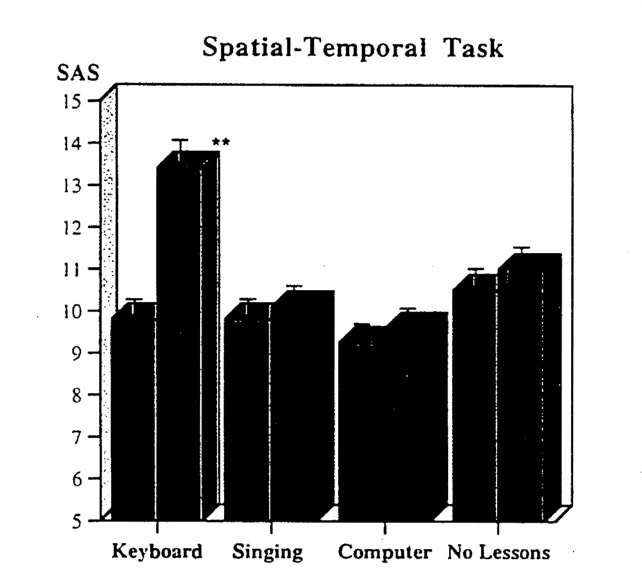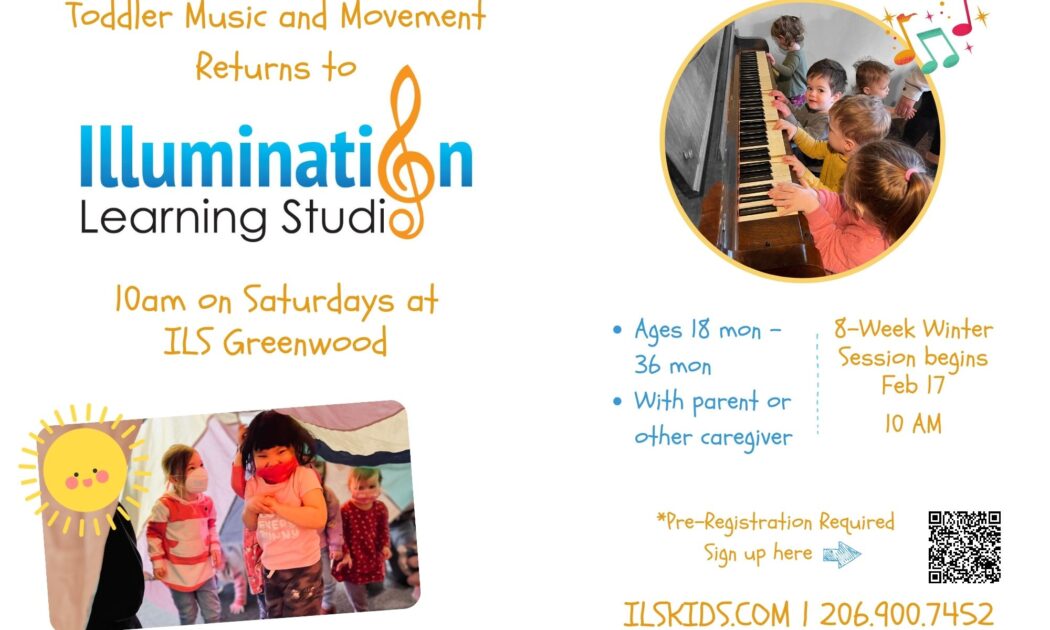Let’s talk about music and how “music makes you smart.” I didn’t coin that phrase, I think Shari Lewis may have used it, but she certainly wasn’t the first to ponder the effects of music on the human brain as you can find many quotes from Aristotle and Plato. Here’s a favorite:
“I would teach children music, physics and philosophy, but most importantly music, for in the patterns of music are the keys to learning.” ~ Plato
In 1996, I landed a job with the Chicago Park District and within two years I had started to research, design and implement my own early childhood music programs. My educational background was in Secondary Music Education with a minor in Child Psychology. I didn’t know anything about preschool music programs so I went to my web browser and typed in these two words: “preschool music.”
I was hoping to get a copy and paste template from someone who had already put one of these programs to use.
What I found instead was about 350 pages of neurological science and data on why I needed to learn what I’ve been teaching ever since.
At the time, there was a group of researchers led by Dr. Frances Rauscher at the University of Wisconsin-Oshkosh, who were studying the effects of music on the brains of children.* In one of their studies, the researchers formed four groups out of 111 children, ages 3.0-4.9. One group received piano lessons, one group received singing lessons, one group computer science lessons, and the last group received no lessons. Spatial temporal testing was administered before and after the study that lasted two years. The group that was studying music scored on average 14 points higher than the other groups, including the group that was receiving computer science lessons.

Brain imaging was also a major focus in the 1990’s and through that technology researchers could see and measure the activity of the brain while the subject was tasking different learning activities. The brain was active in the very same regions when tasking music, science and math.
My own personal observation during my 17 years of teaching has been that students who were struggling with math in school also struggled with the concepts of music and eventually became frustrated and quit. Whereas a student who was doing well in math entered my program and picked up piano as though they had created it. That led me to believe that if I could introduce the patterns related to music and piano at an early age, I could give those children the building blocks for also being successful in math and science.
My informal study was supported by the parents of my students who had been in my program for a year or so. When I would meet them years later and ask how their child was doing in school, invariably the reply was “very well.” I would always ask about their math scores and a lot of times that reply was a grade or a half a grade above their class.
These findings have been the soapbox that I’ve been standing on for the last 25 years. If you want to give children better math skills and overall success in school, teach them music at an early age.
Shari Lewis said it and I agree, “Music makes you smart!”
See the link below if you’re interested or Google Frances Rauscher/early childhood music for much more information.
Mike Piper, music teacher and co-founder, Illumination Learning Studio, mr. mike@ilskids.com
• Rauscher, F.H. , Shaw, G.L., Levine, L.J., Wright, E.L., Dennis, W.R., & Newcomb, R. (1997). Music training causes long-term enhancement of preschool children’s spatial-temporal reasoning abilities. Neurological Research, 19 , 1-8. PDF
(https://uwosh.edu/psychology/wp-content/uploads/sites/203/2020/11/Rauscher_et.al_._1997.pdf)
Ready to give your little one a head start? Sign up and join our Toddler Music and Movement class for 8-weeks starting February 17th!


